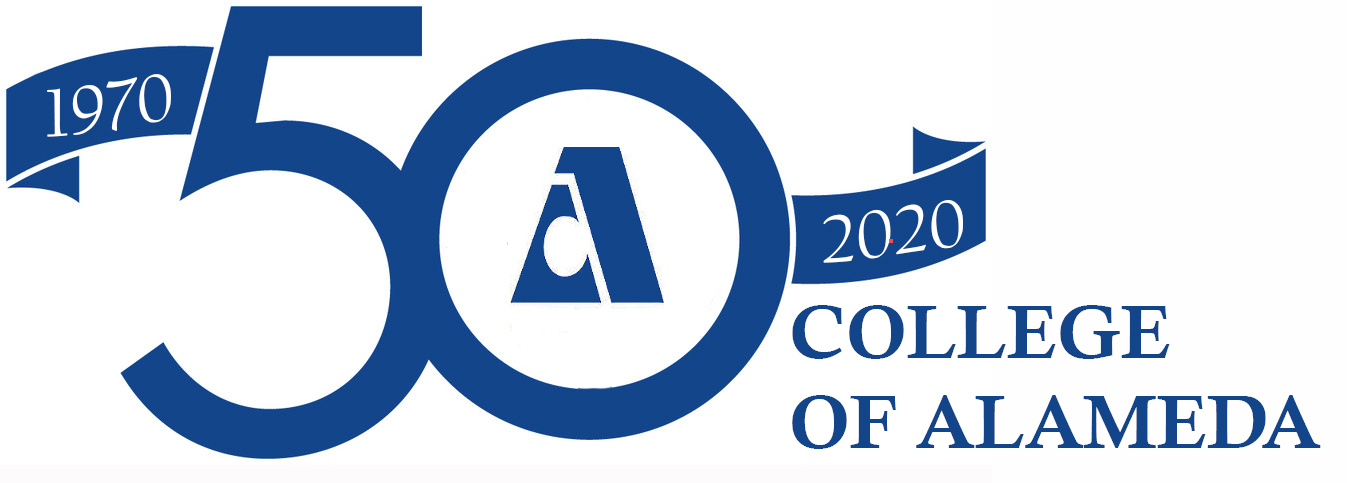CoA Curriculum Committee Membership consists of:
- 3 Faculty Members from Science, Technology, Engineering, Art, Math and Kinesiology (STEAM)
- 3 Faculty members from Liberal Studies and Language Arts (LSLA)
- 3 Faculty Members from Career Education (CE)
- 3 “At Large” Faculty Representatives
- Student Services Representative
- Articulation Officer
- Chair of Counseling or Delegate
- Head Librarian or Delegate
- Associated Students Representative (ASCOA)
- Academic Senate President
- Curriculum Specialist (Classified)
- Vice President of Instruction
- Vice President of Student Services (non-voting member)
- Deans: STEAM, LSLA and CE (one vote)
2021-2022 Members:
Jayne Smithson (jsmithson@peralta.edu)
Curriculum Chair, STEAM Division Faculty: Anthropology
Jody Campbell (jcampbell@peralta.edu)
Vice Chair, LSLA Division Faculty: African-American Studies
Patricia Nelson (pnelson@peralta.edu)
Tech Review Chair, LSLA Faculty: English
Vinh Phan (vinhphan@peralta.edu)
Articulation Officer (AO), Counseling Faculty
Phat “Frank” Nguyen Le (pnguyenle@peralta.edu)
Curriculum Specialist
Khalilah Beal-Uribe, STEAM Division Faculty: Mathematics, LSLA Student Learning Outcomes
Drew Burgess, LSLA Division Faculty: Art
Ann Buchalter, Library Faculty
Linda Dewrance (formerly “Thompson”), At-Large Representative: STEAM Division Faculty: Kinesiology
Olga Fish, CE Division Faculty: Accounting (Business), CE Student Learning Outcomes
Matthew Goldstein, Academic Senate President, LSLA Division Faculty: Humanities
Richard Kaeser, At-Large Representative: STEAM Division Faculty: Mathematics
Hoi Ko, CE Division Faculty: Aviation Maintenance Technology
Reza Majlesi, STEAM Division Faculty: Biology
Iolani Sodhy-Gereben, At-Large Representative: STEAM Division Faculty: Anthropology
Diana Bajrami, Acting VP of Instruction
Tina Vasconcellos, VP of Student Services
Lilia Celhay, Dean of LSLA
Silvester Henderson, Acting Dean of STEAM
Eva Jennings, Dean of CE
(vacancy): CE Faculty Representative
(vacancy): ASCOA Representative
(vacancy): Student Services/Counseling Representative
